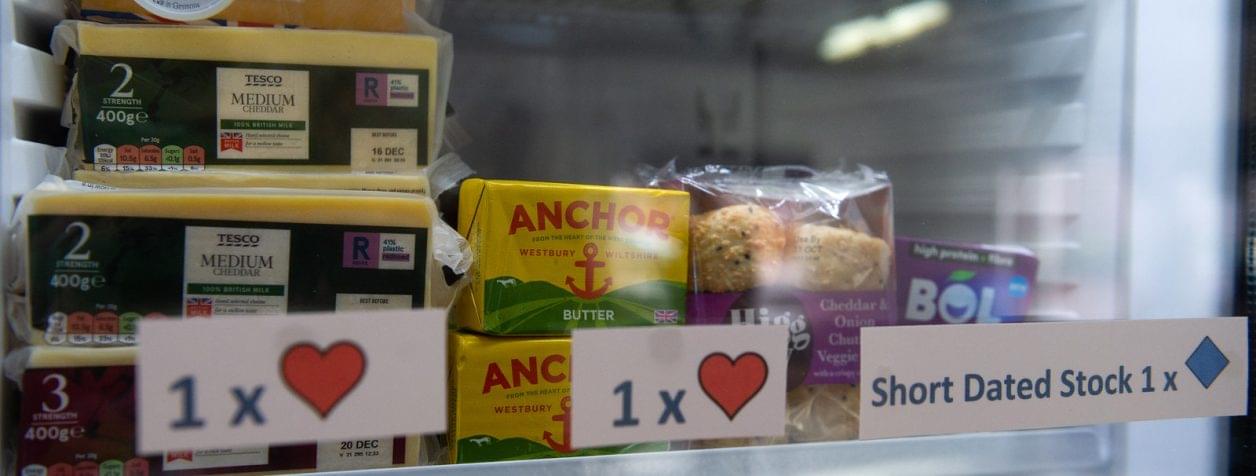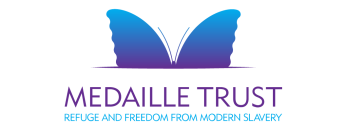Louise from Caritas Westminster reports on the ongoing need for supermarket vouchers within the Diocese and how they are helping with more than just food…
In April 2020 Caritas Westminster launched an emergency supermarket voucher scheme as part of our response to the Covid 19 pandemic.
Little did we know that, nearly three years later, and one year after all Covid restrictions were lifted, the provision of vouchers would still be a major part of our outreach work.
These vouchers now form part of Caritas Westminster’s response to the cost of living crisis, which also includes supporting Warm Spaces, as well as giving information and community leaders on signposting people for further help, for example with energy costs or debt advice.
128 schools and parishes in Westminster diocese received vouchers to distribute in 2022, and they have also been made available through the Caritas Deaf Service. Around 13,000 individuals have benefitted from the vouchers since the programme began.
This time last year, the number receiving vouchers was decreasing from its peak during the pandemic but in recent months requests have risen again. Thousands of people in the diocese are struggling to make ends meet. But why does Caritas Westminster believe that continuing with voucher hand-outs is the right response?
This programme empowers schools and parishes to support those who need it most in their communities. For example, a young family whose terminally ill mother has moved to a hospice, forcing the father to take extended time off work. Or the children who, despite both parents working, share a bed with their parents. Or those who have simply been hit by rising costs and need the vouchers to enable them to pay their other bills.
People can use vouchers for anything they choose. This could be fresh food to supplement tins and packets they have received from a food bank. Or it might be clothes or a birthday treat for a child. This freedom allows families to carry on as normal and respects their dignity. Vouchers also take the pressure off foodbanks which have seen demand rise and donations drop.
Refugee families have received vouchers too. At St Anne’s and Guardian Angels primary school in Whitechapel, as part of a holistic programme of support for newly arrived families, refugees housed in hotels have used the school kitchen to cook food purchased with the vouchers.
Just before Christmas, one of the families who received the vouchers, sent this message of thanks: “Thanks so much for giving us the Tesco vouchers. It makes an incredible difference to our family, at a time when we are experiencing struggles and with the cost of food going up. It means our children are eating nutritious food and they can focus better at school.”
The schools and parishes appreciate being able to support people in a way that works for them, using vouchers alone or in combination with other projects. The programme has also enabled Caritas Westminster to begin a dialogue with priests, teachers, and community leaders, many of whom had never had contact with Caritas before. In fact, 50% have recently asked us about our resilience-focused activities, such as training courses on financial resilience or employment support. In this way, we hope to see more parishes and schools move beyond hand-outs and towards truly transformational support for those who need it in their communities.




